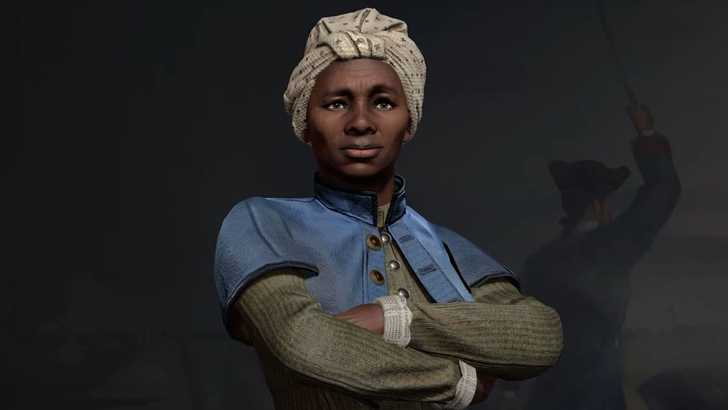
Civilization's leaders are as iconic as the civilizations themselves. Firaxis' approach to selecting national representatives has evolved significantly over the years. This article explores Civilization VII's leader roster and how it redefines leadership within the series.
← Return to Sid Meier's Civilization VII main article
Civ VII: A New Era of Leadership
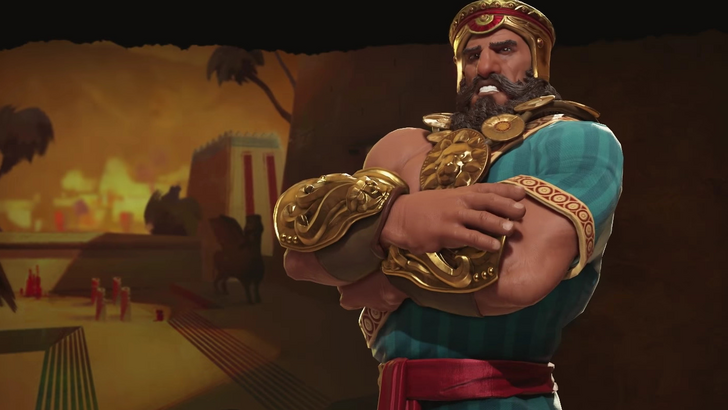
Since the first game, Civ leaders have been integral to the series' identity. Each leader embodies their civilization, impacting gameplay significantly. While their role remains constant, the representation of leaders has diversified and evolved across each installment. This article traces that evolution, highlighting changes in each iteration, and focusing on how Civilization VII presents a unique and innovative approach to leadership.
Let's journey through Civilization's history to examine the evolution of its leader roster, the changes in each version, and how Civilization VII uniquely redefines leadership.
Early Civ: A Focus on Global Powerhouses
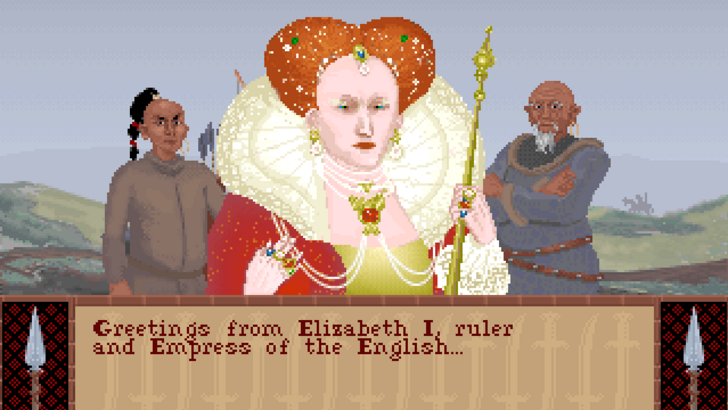
The original Civilization featured a relatively simple roster compared to later iterations. The focus was on major global powers from antiquity and the early 1990s. Leader selection was straightforward; leaders were almost exclusively historical heads of state. The 15 civilizations included well-known figures like Abraham Lincoln, Tokugawa Ieyasu, and Julius Caesar. The selection prioritized widely recognized figures, resulting in a rather traditional approach. Elizabeth I was the sole female leader, reflecting the times. While understandable given the era, this approach paved the way for future innovations.
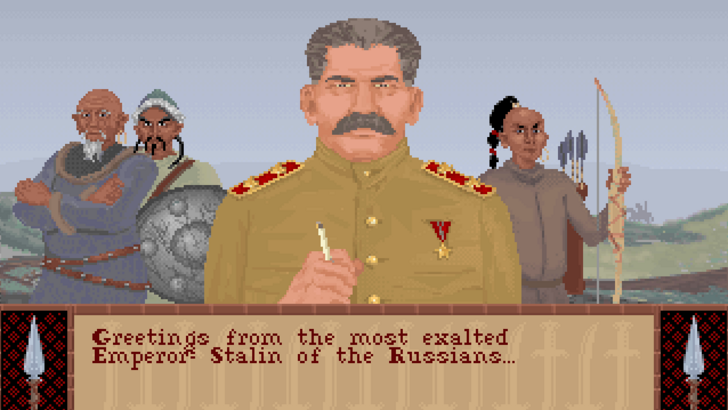
Civ II - V: Expanding the Definition of Leadership
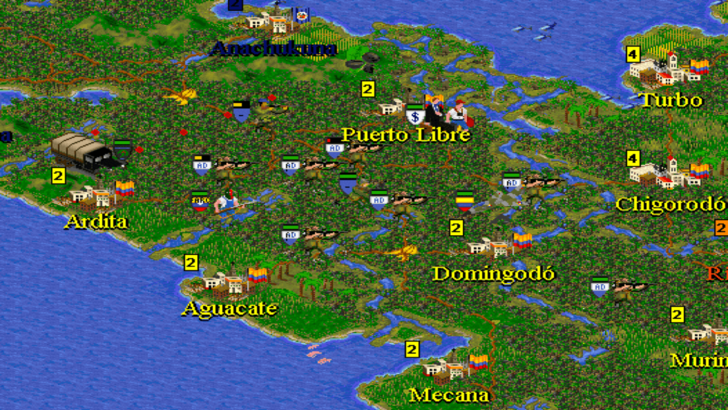
Civilization II expanded the roster and included lesser-known powers. A dedicated female leader roster was introduced, providing alternative choices for each civilization. The definition of "leader" broadened to include influential figures beyond heads of state, such as Sacagawea and Amaterasu.
Civ III integrated female leaders directly into the main roster. Joan of Arc replaced Napoleon for France, demonstrating a shift in representation.
Civ IV and V further expanded the roster and redefined leadership to encompass revolutionaries, generals, and reformers. Traditional figures were either replaced or supplemented with additional leaders, reflecting a more inclusive approach. This highlighted a move beyond solely focusing on the powerful and famous, encompassing a broader representation of humanity.
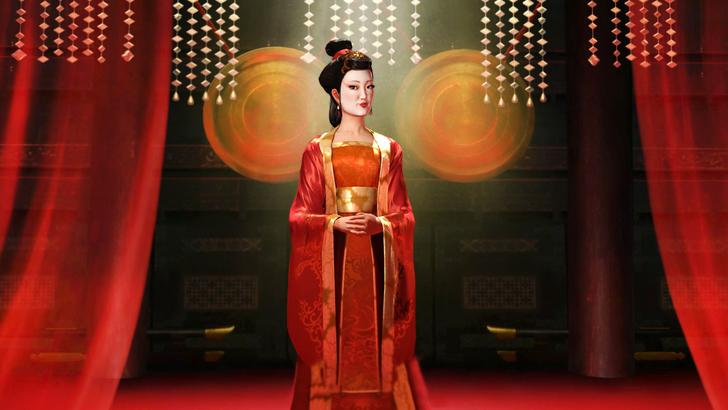
Civ VI: Character, Diversity, and Personas
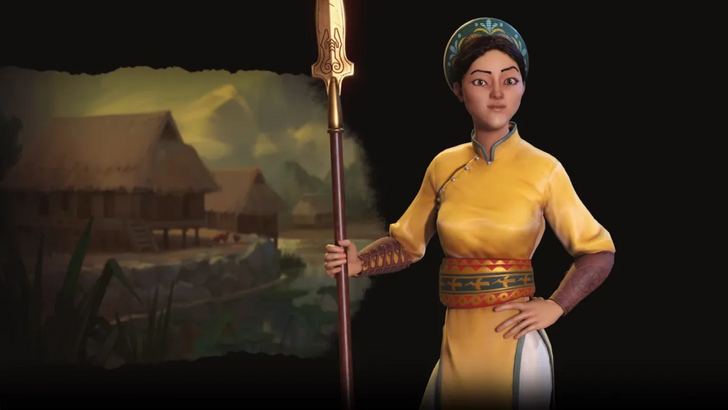
Civilization VI showcased increased characterization, diversity, and creativity. Leaders were depicted as stylized animated caricatures. The introduction of Leader Personas—alternative versions emphasizing different aspects of a leader's personality—offered diverse playstyles. Lesser-known historical figures from less prominent civilizations were included, such as Lautaro and Bà Triệu.
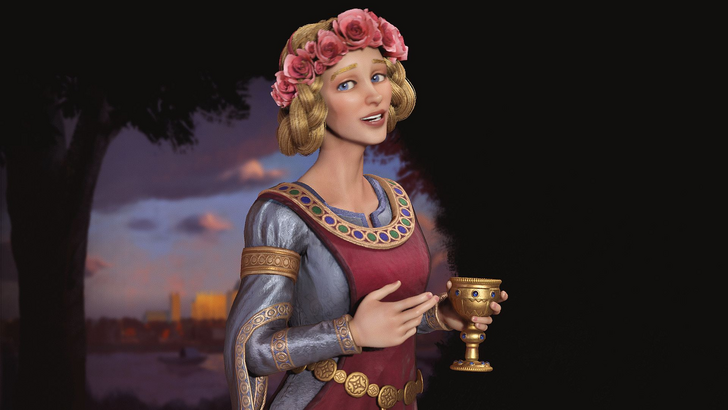
The integration of Leader Personas further enhanced diversity. Leaders like Eleanor of Aquitaine and Kublai Khan could lead multiple civilizations, showcasing different facets of their historical roles. Multiple leader options for established civilizations (e.g., America, China) provided even more strategic choices.
Civ VII: A Bold New Direction
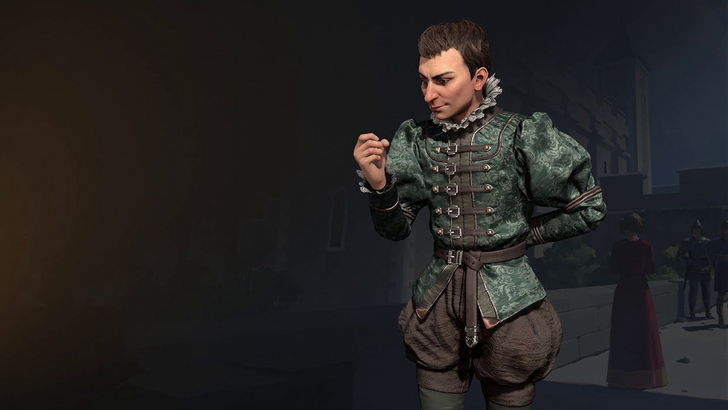
Civilization VII represents the pinnacle of Firaxis' evolving leader selection philosophy. It features the most diverse and creative roster yet, incorporating unconventional leaders and multiple personas. The mix-and-match approach to civilizations and leaders allows even lesser-known figures to take center stage.
Harriet Tubman's inclusion as a leader specializing in infiltration is a prime example of this shift. Niccolò Machiavelli, a figure not typically associated with heads of state, represents a unique approach to diplomacy. José Rizal's inclusion highlights a focus on diplomacy and narrative events.

Over nearly 30 years, Civilization has evolved from a game focused on major global powers to a diverse and imaginative exploration of influential figures throughout history. The definition of leadership has expanded, but the significance of leaders remains paramount.
← Return to Sid Meier's Civilization VII main article
Sid Meier's Civilization VII Similar Games









